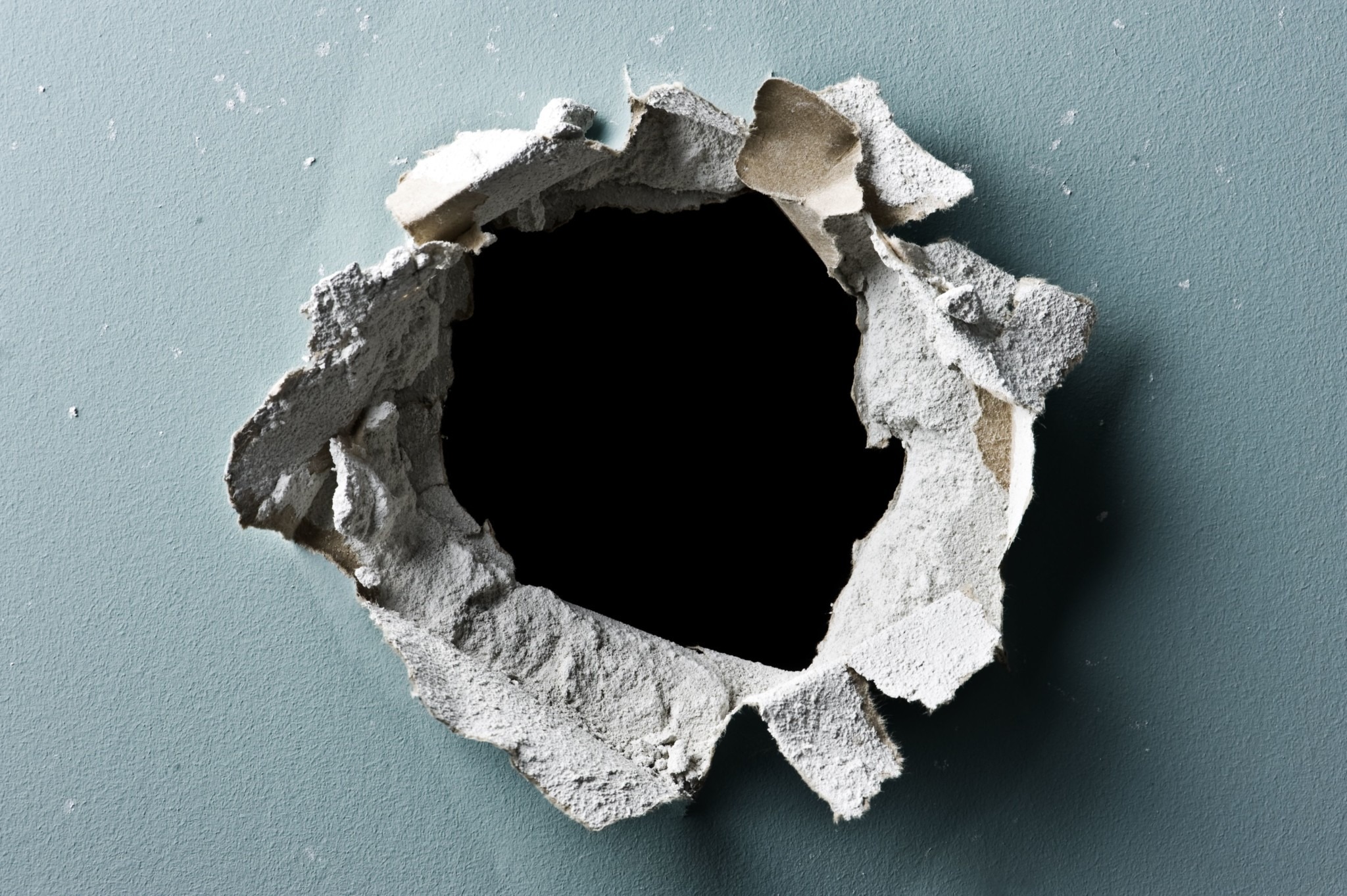
A landlord’s first priority is to keep their property in good condition. But tenants obviously use the house, so there will be normal wear and tear. The trick comes in distinguishing normal use from damage.
So where do you draw the line between the two? It’s somewhat subjective, but here are some examples.
Property Damage vs. Normal Wear and Tear
Wear and Tear | Damage |
| Worn carpet | Torn/stained carpet |
| Nail holes in wall | Botched wall touch-ups (mismatched paint, uneven filler) |
| Wall scuffs | Large scrapes across the wall from furniture; pet scratching on doors and walls |
| Used-looking cooktop | Scratched cooktop |
Regular use results in things like worn carpet, nail holes, and small wall marks. Those issues come standard with any long-term tenant. Damage is more significant.
Who Pays for Rental Property Damage?
Landlords should expect repair costs between tenants. Fixing issues that came from regular use are the landlord’s responsibility. But when the tenant’s use crosses the line into the damage category, the tenant needs to pay for the repair.
Yet many DIY landlords pay more than they should. Often, they don’t have the documentation to prove the damage was the tenant’s fault. So, if the tenant contests the charge, they eat the cost.
#1 Way to Prevent Rental Property Damage
The best way to keep your home in good condition is to find a qualified tenant. With a rigorous screening process, you can reasonably select someone who will take care of the property.
Then take the time to educate your tenant on how to care for the property. This may be their first rental or they may not know how to care for a home. Teach them the basics about your property so they keep it in great condition.
11 Red Flags in the Tenant Screening Process
When you’re checking out your potential tenants, look for these warning signs. They’re not foolproof, but if you see a red flag, do a little more research. Remember, you want a great tenant, so use your best judgement.
1. Previous damage in a rental
Check a tenant’s rental history by calling previous landlords. If they left another place damaged, they may do the same to your house.
2. Prior evictions
Figure out why they were evicted before. Typically, you want to avoid renting to someone who’s been through the eviction process.
3. Criminal history
A tenant with a record puts your property at higher risk for damage. They may or may not leave your property in good condition, but it definitely ups the risk factor.
4. History of late payments
As you check out the rental history, look for prior late payments. These indicate a greater likelihood they may be late on rent in the future.
5. Money owed
Also be careful if they owe money to a previous landlord. This serves as a warning sign for financial irresponsibility.
6. Looking for an immediate move-in
Few people who are well-qualified need to move in quickly. Usually, if someone tries to move in within a week, it’s because they’ve been evicted and they want to find another place before it appears on their record.
7. Percentage of price increase from previous rent
If there’s a big jump in housing cost, it may impact a tenant more than they think. See if they have a new job or salary increase that accompanies the move. They may think they can pay more than their budget will actually allow.
8. Distance to work
If a person lives further from work than they predict, they may not stay in your property long. Especially when someone moves to a new town, they often underestimate commute time.
9. Large house for an individual
This often means that someone unauthorized will be living there too. If there’s an unqualified person who plans to move in, they may have intentionally left them off the application.
10. Difficult application process
How are they to work with? Did they listen? Did they make excuses? If they’re difficult during the application process, don’t expect working with them to get easier when they become tenants.
11. Rental history
Do they have two years of rental history? Your best renters will have an established track record.
The best way to prolong a tenant’s stay and keep your house in good condition is by choosing the right tenant. An extensive screening process stops damage by preventing it from happening in the first place. If you need help choosing responsible tenants for your DFW rental property, give us a call at 888.657.3033.


